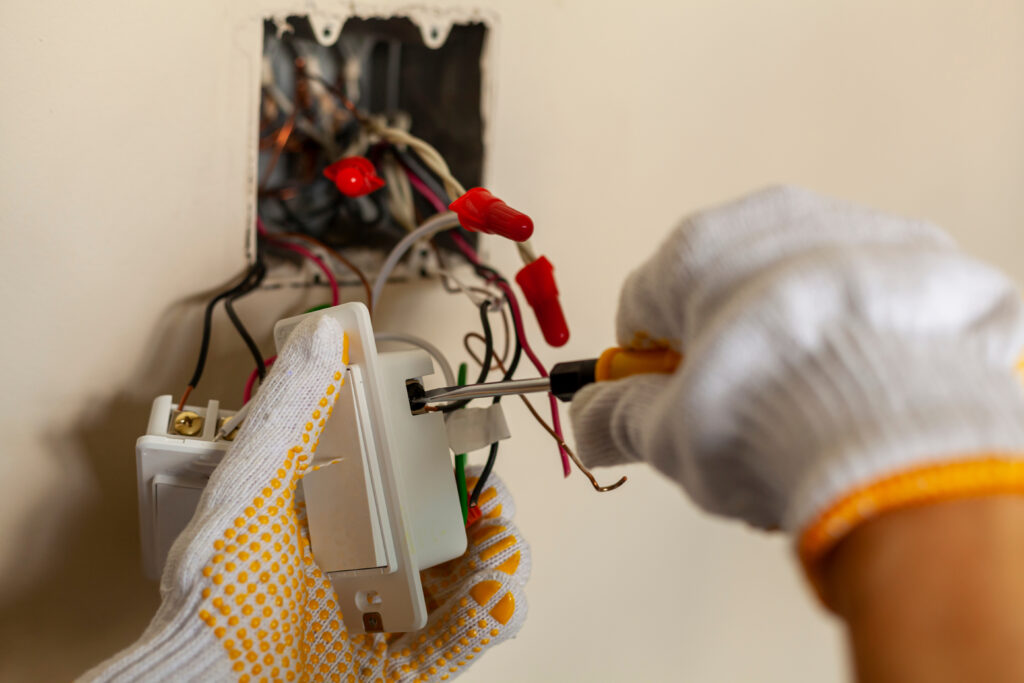

Revolutionizing Personal Health: The Impact of Wearable Health Sensor Technology
In the era of digital innovation, wearable health sensor technology has emerged as a powerful tool, revolutionizing how individuals monitor and manage their health. These compact devices, worn on the body, have the capability to collect real-time data, providing valuable insights into various aspects of one’s well-being. Let’s explore the profound impact of wearable health sensor technology and how it is reshaping personal health management.
Continuous Health Monitoring with Wearables
One of the key advantages of wearable health sensor technology is the ability to enable continuous health monitoring. These devices track various metrics such as heart rate, sleep patterns, physical activity, and even stress levels throughout the day. This continuous stream of data offers a comprehensive picture of an individual’s health, allowing for proactive interventions and lifestyle adjustments.
Personalized Insights for Informed Decision-Making
Wearable health sensors go beyond basic monitoring; they provide personalized insights derived from the collected data. Advanced algorithms analyze the information to offer tailored recommendations based on an individual’s specific health profile. Whether it’s optimizing exercise routines or improving sleep quality, these personalized insights empower individuals to make informed decisions about their well-being.
Integration of Wearables into Fitness Regimens
Fitness enthusiasts have embraced wearable health sensor technology as an integral part of their workout routines. These devices, often incorporated into fitness trackers and smartwatches, offer real-time feedback on exercise intensity, calories burned, and recovery times. The integration of wearables into fitness regimens enhances performance tracking and motivates individuals to achieve their health and fitness goals.
Remote Patient Monitoring in Healthcare
Wearable health sensors play a crucial role in transforming healthcare delivery through remote patient monitoring. For individuals managing chronic conditions or recovering from surgeries, these devices allow healthcare providers to monitor vital signs and health metrics from a distance. This not only improves patient outcomes but also reduces the need for frequent hospital visits.
The Role of Wearables in Early Detection of Health Issues
Early detection is a cornerstone of effective healthcare, and wearable health sensor technology contributes significantly to this aspect. The continuous monitoring of vital signs and health metrics enables the early identification of deviations from normal patterns. This timely detection allows for prompt medical intervention, potentially preventing the progression of certain health issues.
Linking Wearable Health Sensor Technology to Personal Wellness
To explore the transformative impact of wearable health sensor technology on personal wellness, visit Wearable health sensor technology. This platform provides insights, reviews, and guidance on the latest wearable health devices, empowering individuals to make informed choices for their health journey.
Challenges and Considerations in Wearable Health Technology
While the benefits of wearable health sensor technology are significant, challenges and considerations exist. Issues such as data privacy, accuracy of measurements, and user adherence need attention. Striking a balance between innovation and addressing these challenges is crucial for the continued success of wearable health technology.
Future Trends and Innovations in Wearable Health
As technology advances, so does the landscape of wearable health sensor technology. Future trends may include the integration of more advanced sensors, expanded health metrics, and improved user interfaces. Staying informed about these innovations ensures that individuals can leverage the latest technologies for their health and well-being.
Empowering Individuals in Their Health Journey
In conclusion, wearable health sensor technology stands as a beacon of empowerment in personal health management. The continuous monitoring, personalized insights, and integration into healthcare practices contribute to a holistic approach to well-being. As these devices continue to evolve, they hold the potential to empower individuals to take an active and informed role in their health journey, fostering a healthier and more connected future.









